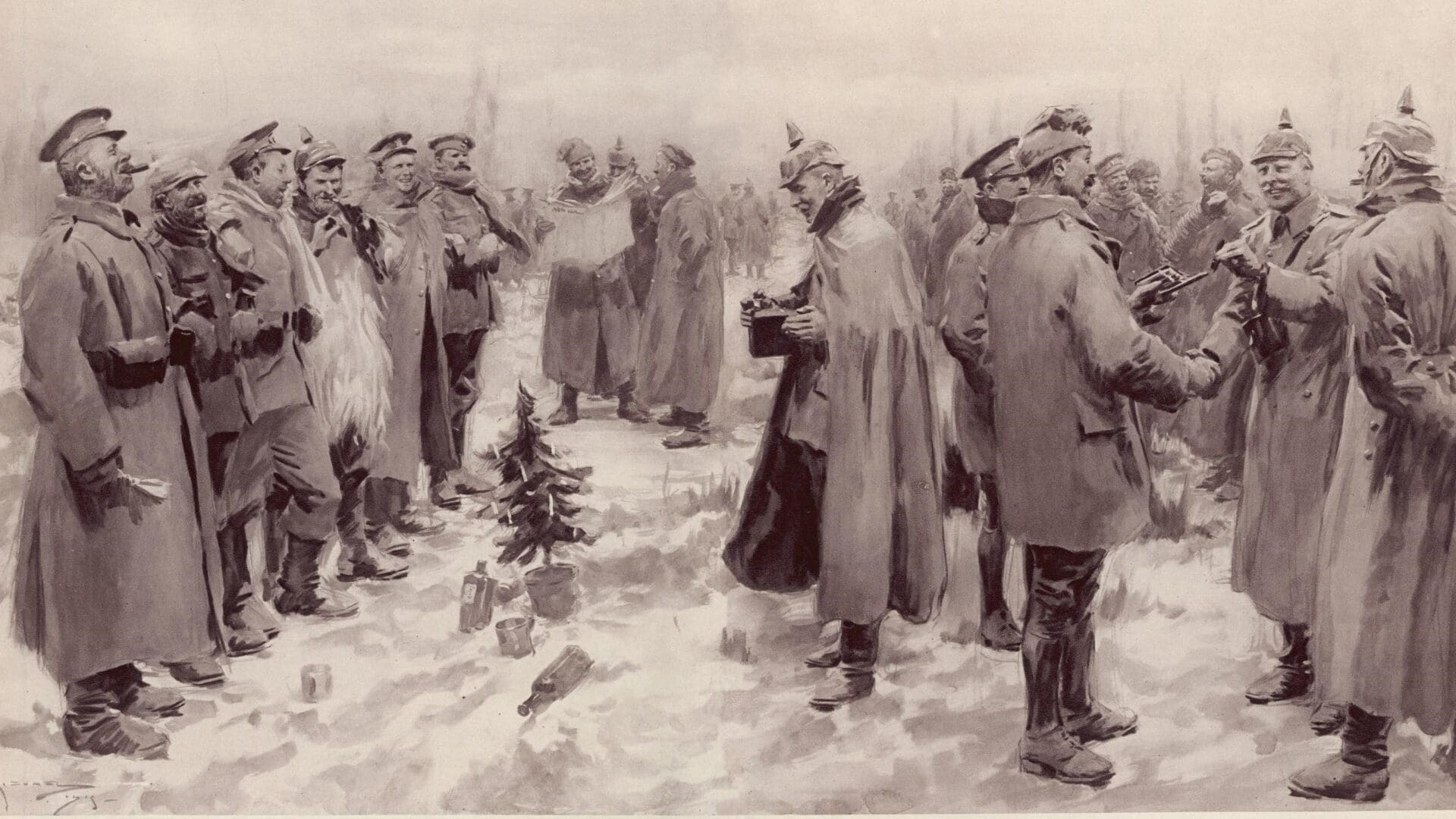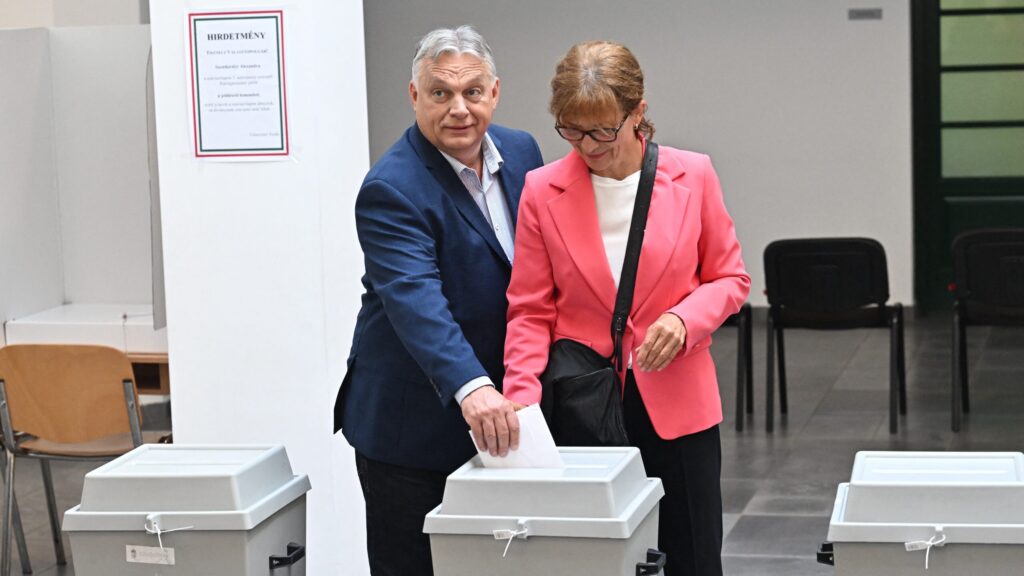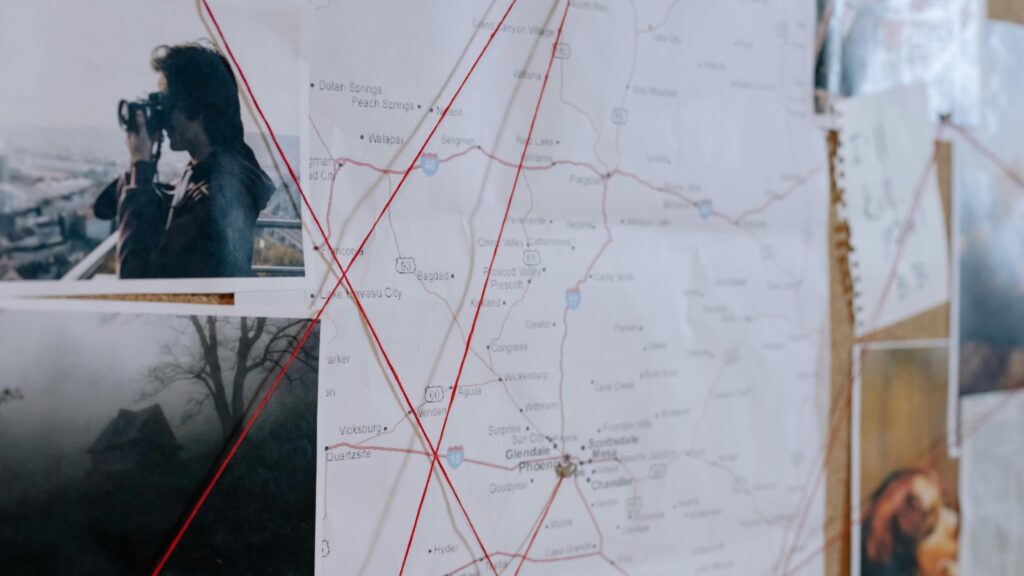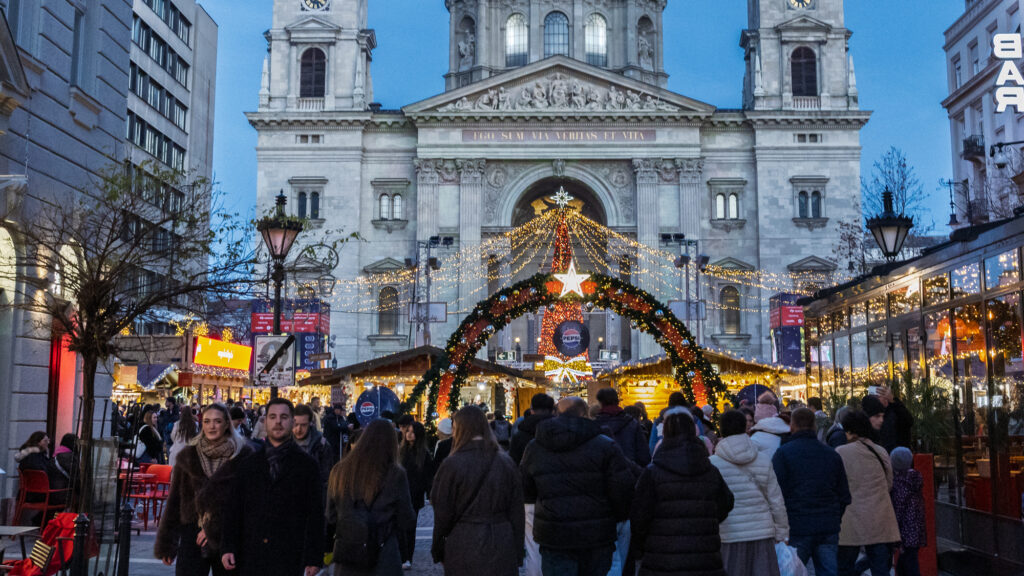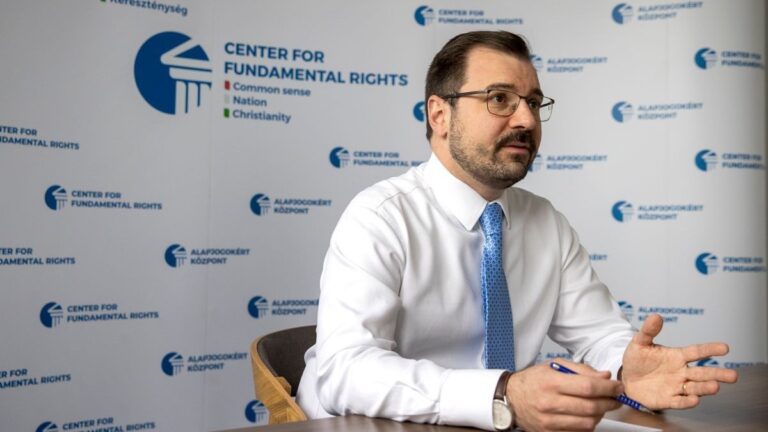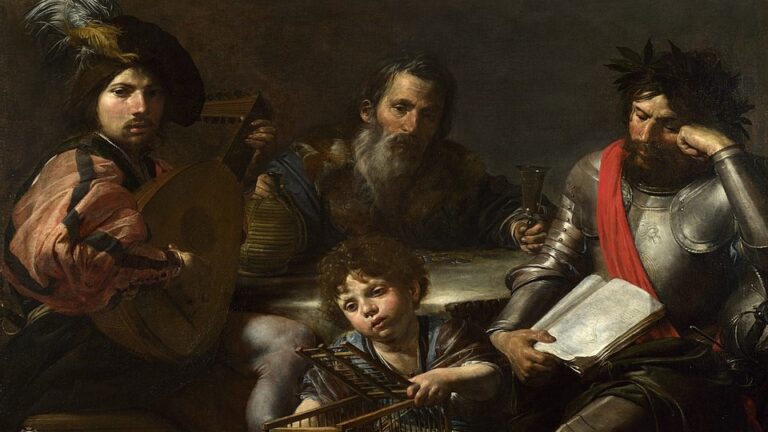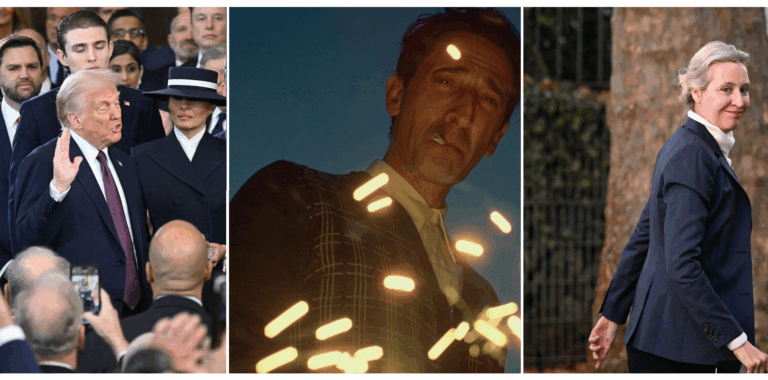All Quiet on the Western Front: Historical Background
It was Christian Carion’s movie, the 2005 Joyeux Noël, which made the so called ‘Christmas truce’ known among the wider audience. However, it has long been widely researched by historians, as there are many primary sources about it, mostly letters and diaries, written by the soldiers themselves. On the Christmas of 1914, guns, cannons, and other noises of the war were silenced along the Western Front. A series of unofficial truces commenced, initiated by the soldiers serving on the front line.
The First World War started on 28 July 1914. All countries involved expected a short war, resulting in a quick victory. However, the conflict did not end by the autumn (as famously predicted by German Emperor William II). Therefore, at Christmas that year, hostilities had been ongoing for almost half a year, and the end was nowhere in sight. During September, the German advance on Paris was stopped, and their forces pushed back the Aisne Valley. However, soon it was the pursuing Franco-British armies that were repelled. The ‘Race to the Sea’ also stalled, bearing no fruit to either side. The situation, especially on the West, was close to what today is called a low-intensity conflict (although with a huge number of casualties).
The armies on both sides were running short of manpower, and the front lines, especially on the Western Front, started to freeze,
both in the literal and the figurative sense. Commanders of both the Entente and the Central Powers were to reconsider their strategies. Meanwhile, soldiers started to dig trenches and placed mines along the front lines, preparing for a long and devastating, although much lower intensity conflict. Thus, the will and determination to fight and push forward decreased both among the generals and the rank-and-file soldiers.
It must be noted that spontaneous truces took place before and after the 1914 ‘Christmas truce’ as well. Soldiers sometimes decided to take a break from fighting, engaged in talks with each other, and refused to resume the attacks. However, this so called ‘fraternization’ was usually strictly forbidden.
But in the winter of 1914, it seemed that although Christmas was near, nothing would change with the holiday, making it just another day of the war. The call for the ending of hostilities during Christmastime by Pope Benedict XV was rejected by all the parties to the wars, so the killing continued. However, unexpectedly, something did happen on Christmas Eve.
The Christmas Truce
According to British historian Dominic Sandbrook it was the Germans who first initiated the truce. Not much after midnight, German soldiers started to light candles, sing Christmas songs, and—in some cases—even erected and decorated Christmas trees, since Emperor William had sent pine trees for the front line soldiers. Furthermore, the Germans called the French and British soldiers to join them in the celebration. Reluctantly at first, the Allied troops at various parts of the line also climbed out of their trenches and approached the no man’s land. There, the British met the Germans, who greeted them with cigars and wine. Soon, the news about these events spread all along the front line. Once enemy troops were convinced that it was not a trap the other side set, the example of the first courageous ones was followed by more and more of their comrades. At one particular location, according to Sandbrook, it was the British who started shouting: ‘Come over, fritz!’. After the Germans were convinced that the Brits would not open fire, they climbed out of the trenches and indeed approached the enemy lines. The British troops did the same. Eventually soldiers met in the middle of the no man’s land, shook hands, and exchanged cigarettes and other gifts.
On Christmas Eve and Christmas Day, French, British, and German soldiers climbed out of the trenches and approached each other, enjoying cigars, drinks and food together,
as well as engaging in conversation. Some groups even wandered further into the no man’s land, where football matches and other games took place. At one point, German soldiers approached the British lines, but, instead of weapons, with a keg of beer, and started drinking together. There were also spontaneous Christmas rituals with singing, carolling and even joint burials of the fallen soldiers. The ‘Christmas truce’ was also very important from one particular, more ‘official’ aspect: it provided and opportunity to the armies to initiate and execute prisoner swaps.
The scale and time scope of the ad-hoc truces varied. At some places, officers flatly banned such, normally strictly forbidden fraternization with the enemy. In other cases, weapons were only silenced, until the soldiers were able to gather and bury their fallen comrades. However, at yet other scenes of the war, the ceasefire lasted until New Year. At another, more unfortunate case, British soldiers from the Leicestershire Regiment climbed out to approach the Germans, but the Germans opened fire on them regardless.
Consequences and Conclusion
After 25 December, such ad hoc truces were strictly forbidden, and so was reporting about the now famous Christmas event. Only on 31 December could The New York Times cover the story. Coincidentally, as mentioned above, the spontaneous truces were still in effect in a few places at that time. The cruel routine of the war, however, eventually resumed, at some parts of the front later, at others, earlier. A British soldier, Lance-Corporal Henderson, of the Royal Engineers wrote to his relatives on 26 December: ‘We found that our pals of the previous two days had tried to rush our position, but they got cut up as usual, and I believe the next morning the ground where we had been so chummy, and where Germans had wished us a merry Christmas, was now covered with their dead.’
But the ‘Christmas truce’ was not in vain, as it still created a precedent for future ‘fraternizations’. Therefore, brief ceasefires came into effect, for example, during the Easter and Christmas of 1915. Such events also took place between Austro–Hungarian and Italian soldiers, among other examples. In Thessaloniki, a friendly football match was also organized between the enemy forces.
However, the broader message of the ‘Christmas truce’ is more important than the details. Even if for only a brief period, humanity returned to the trenches, soldiers discovered the fellow human in their enemies, and acted toward them accordingly. It must also be noted that these were spontaneous truces, that is, initiated by the front line soldiers, without, and in fact contrary to, the orders of their superiors. Unfortunately, the truce did not last. The terrible brothers’ war continued for yet another four years, with devastating consequences. However, it still holds a moral and message for the future: the importance of human decency, and the questioning of the need for devastating wars.

